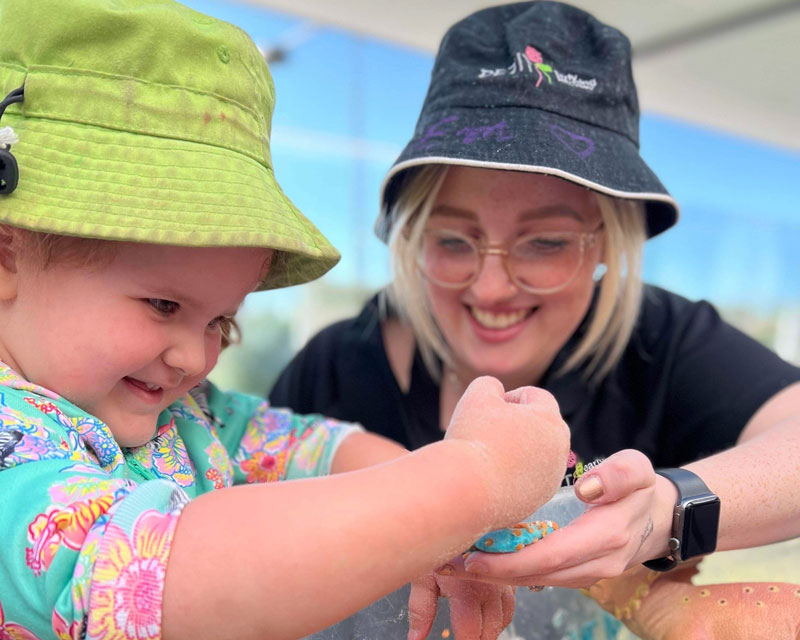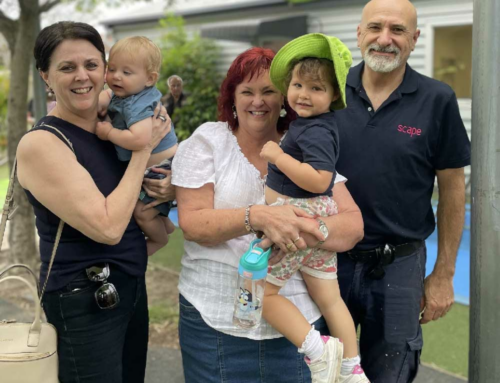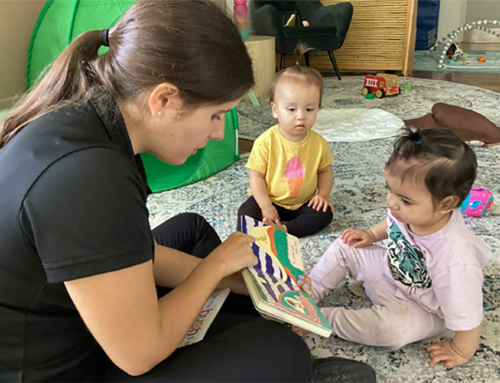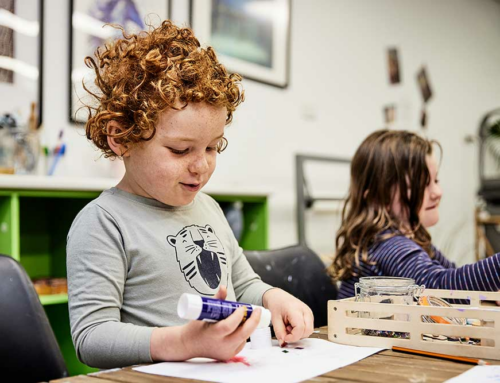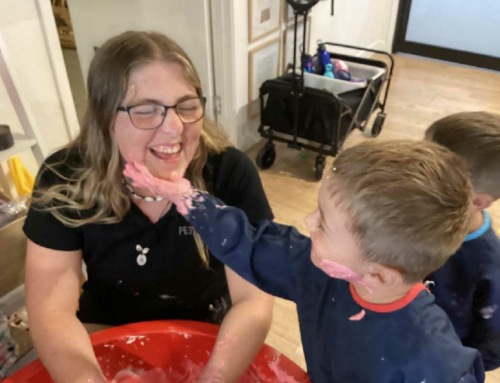Every child has the right to a good life, free from violence and abuse. They have the right to be safe, loved and given what they need to grow into happy, healthy adults. Children also have the right to an education and to be treated fairly, no matter who they are or where they come from.
The United Nations Convention on the Rights of the Child (UNCRC) embodies children’s rights. The care of children has also been set out in several other international treaties and conventions, including:
- The Geneva Declaration of the Rights of the Child of 1924
- The Declaration of the Rights of the Child, adopted by the General Assembly on 20 November 1959
- The International Covenant on Economic, Social and Cultural Rights (Article 10)
These rights are based on the fundamental principle that children are human beings with inherent dignity and worth and should be treated as such. The rights cover many issues, including family relations, fundamental rights, common responsibilities, children with disabilities, human dignity, juvenile justice, physical health and wellbeing, and foster care.
Educators and parents can help children understand their rights and create a safe environment for them to express their opinions. This can be done through learning experiences about the UNCRC or by supporting children to get involved in rights-related campaigns.
In this article, we look closely at:
- The history of children’s rights
- Key articles in the UNCRC
- Important children’s rights issues in Australia
- How families can advocate for children

History of Children’s Rights
The Convention on the Rights of the Child is a treaty between countries that agrees on children’s rights. Countries that sign this treaty agree to protect these rights. As of March 2017, 196 countries have signed the UNCRC.
The UNCRC derives from the UN Declaration of Human Rights. It was drafted in 1989 and came into effect in 1990.
Australia ratified the Convention on the Rights of the Child in 1990. This means that Australia agrees to protect and promote the rights of children as set out in the CRC regardless of any distinction, including race, religion, sex, politics and language.
The UNCRC has been ratified by more countries than any other human rights treaty in the world.

United Nations Convention on the Rights of the Child
Fifty-four Articles make up the UNCRC. It is essential for all children to understand their rights under the UNCRC so that they can know when these rights are being violated or infringed upon. These rights include:
- Article 3: Having children’s best interests is a primary consideration in all decisions.
- Article 8: Nurturing their own identity.
- Article 12: To be heard and have their views considered.
- Article 16: Privacy.
- Article 18: Governments to assist children of working parents in benefiting from access to child-care services.
- Article 19: To be protected from violence and abuse.
- Article 20: The entitlement of special protection if a child is deprived of their family environment.
- Article 22: Extending applicable rights to refugee children.
- Article 24: Children’s health, particularly access to quality health care, nutritious food, a clean environment and water.
- Article 28: Education, health care, and an adequate standard of living.
- Article 29: Develop their personality and talents to the full through education.
- Article 30: To learn and use the language and customs of their families.
- Article 37: To not be treated cruelly if they break the law.
The United Nations Rights of the Child are a vital part of the foundation of any society. It is important to ensure that their rights are respected and protected so that they can grow up into healthy and happy adults.
For a complete list of the Articles, visit United Nations Conventions on the Rights of the Child.

Key children’s rights issues in Australia
In Australia, several rights-related issues need to be addressed, some of which include:
- Child rights related to the criminal justice system.
- The rights of children affected by domestic and family violence.
- Children’s rights to health care, education and an adequate standard of living.
- Children’s rights related to the media.
- The exploitation of children in the workplace.
Australia has also pledged to improve child safety and prevent and respond to child sexual exploitation.
These rights-related issues are complex and require a multi-faceted approach. This means that various stakeholders need to work together to identify solutions. Governments, non-governmental organisations, schools and early childhood services, families, and individuals all have a role to play in protecting children’s rights.
Advocating for Children’s Rights
The treatment of children and the protection of their human rights have always been important. At Petit Early Learning Journey, we always put children first.
Advocates ensure that children are treated fairly, and their voices are heard. They also work to raise awareness of the issues facing children and to bring about change. By standing up for children’s rights, your efforts can make a real difference in the lives of children worldwide.
Families can help ensure children’s rights are respected and advocated for in their community. One way to do this is by educating yourself and your children about rights-related issues.
For example, the UNCRC outlines not only the respect afforded to the rights available to children but also the duties and rights of parents. It requires state parties to help parents and guardians with child-rearing responsibilities.
It also calls on governments to develop preventive health care and guidance for parents so children can access their right to enjoy the highest attainable standard of health (Article 2).
You can also participate in human rights-related campaigns or initiatives such as writing letters to local politicians, joining a rights advocacy group, organising a rights-related event in your community and participating in policy considerations for the care of children.

Participation in Children’s Week
Children’s Week is an Australian national celebration held each year around the 4th Wednesday in October. It coincides with the United Nations’ Universal Children’s Day and allows children to be valued and heard.
Each year a Children’s Week theme promotes the exploration of a rights-based solution. In recent years, the theme for Children’s Week has included the rights:
- Article 27 – To a standard of living that supports children’s wellbeing and healthy development (2022).
- Article 15 – To choose their own friends and safely connect with others (2020-2021).
- Article 24 – To good health and wellbeing (2019).
- Article 12 – Respecting children’s views and opinions (2018).
Children’s Week is a great opportunity to encourage conversations and provide tools for children to understand and advocate for their rights within their community. It also celebrates the right of children to enjoy childhood and creates opportunities for children to demonstrate their talents, skills and abilities.
Children’s Week encourages families, teachers, educators and communities to create positive experiences for all children. One way you can participate in this event is by attending rights-related experiences hosted in each state and online.
These events are a great way to show your support for children and the rights they are entitled.

Advocate for your child’s rights with Petit Early Learning Journey
By advocating for children’s rights and supporting initiatives that focus on protecting the rights and care of children, we can create a more just and equitable society for all children. By standing up for children’s rights, our efforts can make a real difference in the lives of children.
Together, we can ensure that children receive the rights and protections they are entitled to. We recognise that every child deserves a full and decent life. At Petit ELJ, we partner with families to provide their children with the highest education and care.
Talk to your local Centre Director to learn more about your child’s rights and how Petit ELJ advocates for children’s rights.
